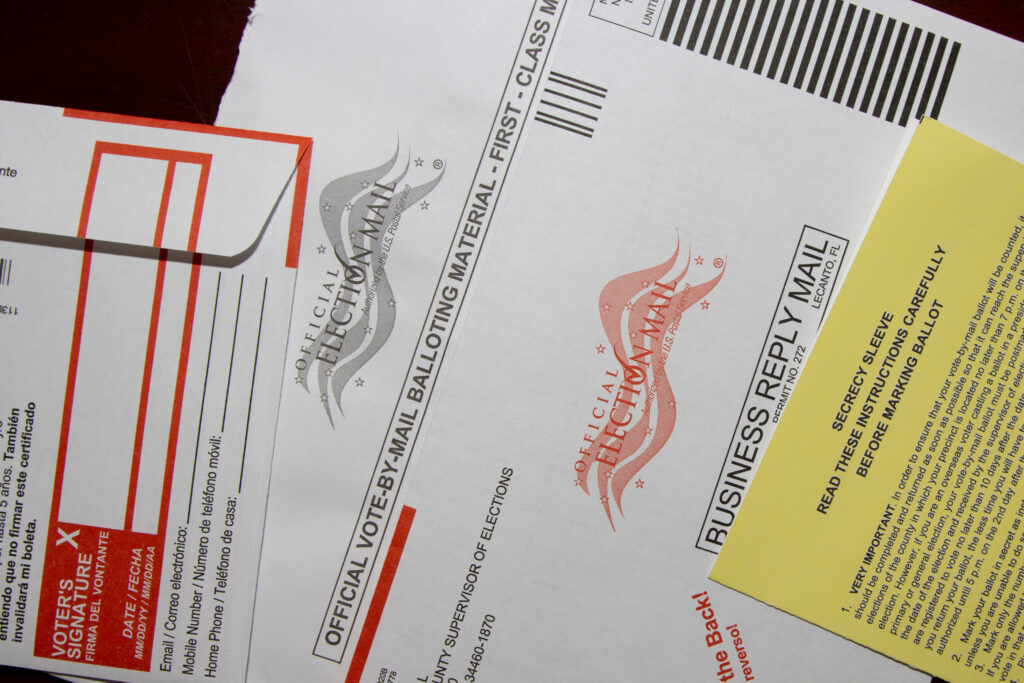Former Hawaii Residents Living in Certain US Territories Can’t Vote in Federal Elections, 9th Circuit Upholds

The 9th U.S. Circuit Court of Appeals today upheld federal and state laws that prevent former Hawaii residents who live in certain U.S. territories from voting absentee in federal elections.
Friday’s ruling from the federal three-judge panel effectively bars former Hawaii residents who currently reside in Puerto Rico, Guam, the Virgin Islands or American Samoa from voting absentee in the 2024 presidential election.
The decision authored by Judge Milan D. Smith, Jr. — a George W. Bush appointee — caps a nearly-four-year-long case that centered on the question of why former Hawaii or U.S. residents who moved abroad can vote absentee, but former residents who live in certain U.S. territories can’t.
In October of 2020, a group of former Hawaii residents who live in Guam and the Virgin Islands challenged a provision of the Uniformed and Overseas Citizens Absentee Voting Act (UOCAVA), and requirements under the Hawaii Uniform Military and Overseas Voters Act (UMOVA) that don’t allow them to vote absentee in federal elections.
Former Hawaii residents can vote absentee if they reside in the Northern Mariana Islands or live abroad, the plaintiffs noted, arguing the laws disenfranchise certain voters who live in territories where such voting is prohibited.
The plaintiffs alleged the UOCAVA and UMOVA provisions violated the Equal Protection and Due Process Clauses under the Fifth and 14th Amendments and violated a federal law protecting the rights of those living in U.S. territories by treating “similarly situated former state residents differently based on where they reside overseas.” A lower district court upheld the law in 2022.
On Friday, the 9th Circuit determined that while UOCAVA and UMOVA “discriminate between former residents based upon whether they move overseas or within the United States,” the laws don’t deprive residents in a “geographically defined governmental unit (Hawaii)” from voting in a nationwide election.
In his dissent, Clinton-appointed Judge Richard A. Paez essentially concluded the courts didn’t rely on relevant precedent to properly evaluate the case. He questioned why the court didn’t apply the Anderson-Burdick framework, under which a court weighing an election-law challenge must examine the extent to which a challenged regulation “burdens First and (14th) Amendment rights.”
Paez wrote that he would have remanded the case to the district court for further consideration “under the proper legal standard.”